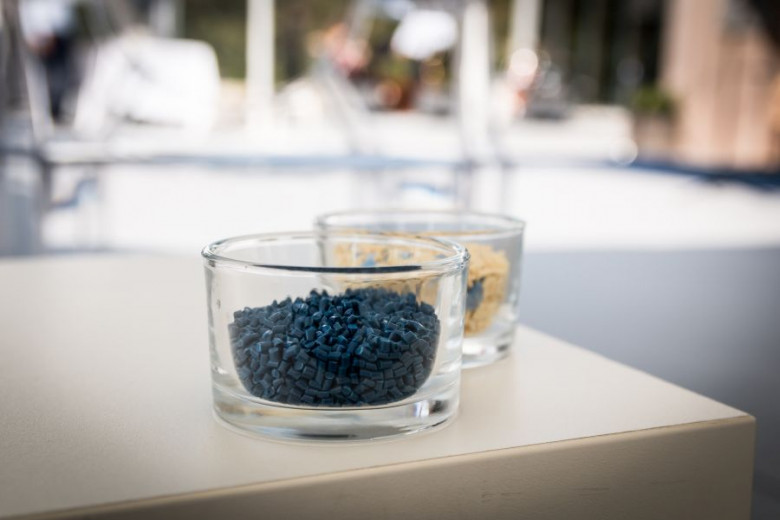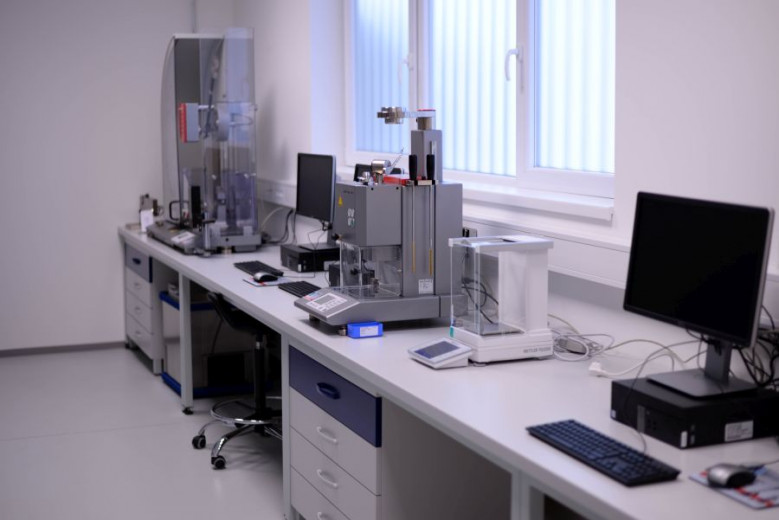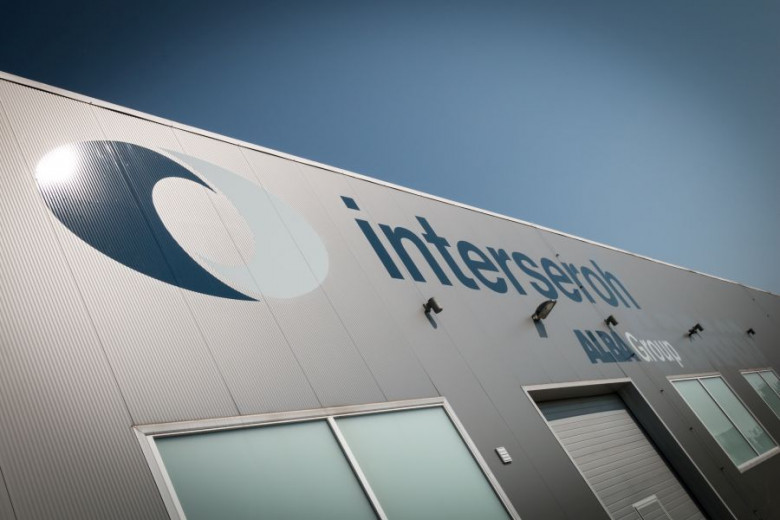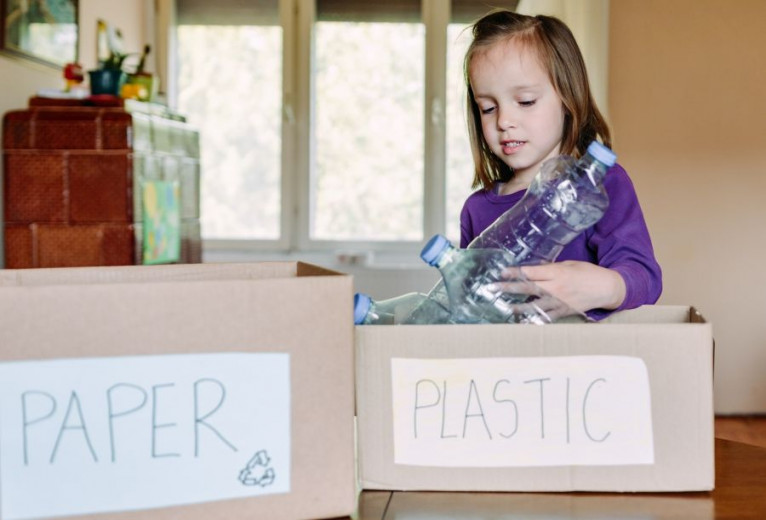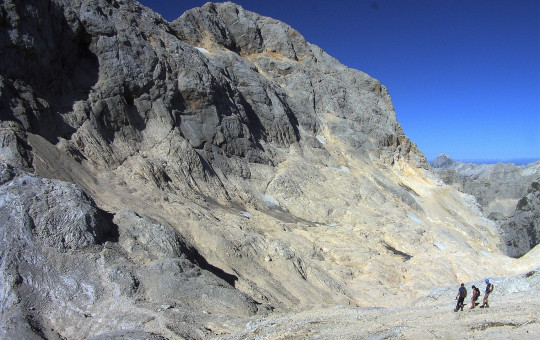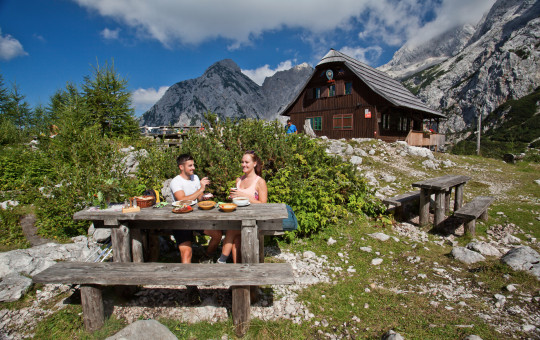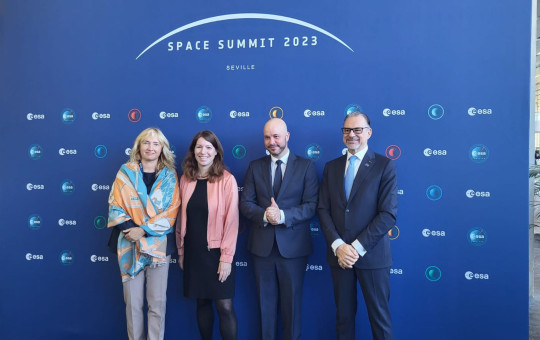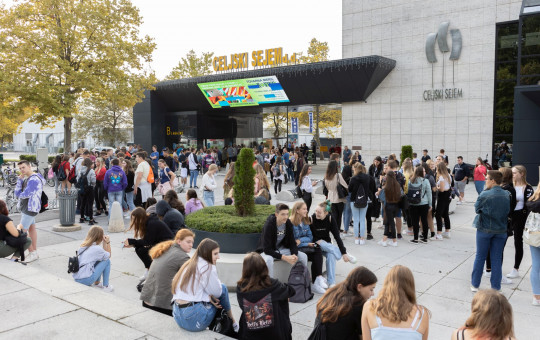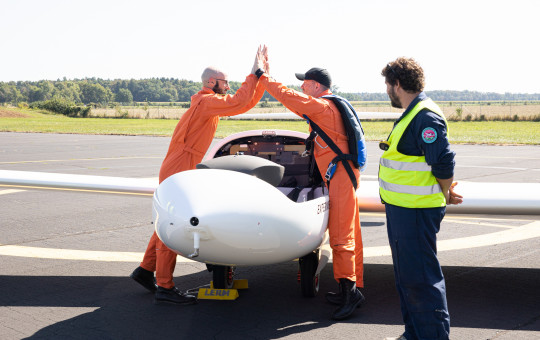In March 2020, the Slovenian competence centre for recycling of plastic materials Interseroh Plastics Research & Development was awarded international accreditation of laboratory standard ISO/IEC 17025:2017, becoming the only accredited research institution in Europe to be specialised in the research and development of recycling and recovery of plastic waste materials into innovative materials used in production.
Interseroh Plastics Research & Development in Maribor is a subsidiary of the recycling specialist ALBA Group. The Maribor subsidiary has been in operation since 2016 and has since then developed into an internationally recognised research and innovation centre. As the result of many years of research and development, Interseroh developed the so-called Recycled-Resource process, which enables the up-cycling of household and industrial plastic waste.
Recycled-Resource
The main feature of the Recycled-Resource is a process in which new material in granulated form is produced from disposable waste plastics, which is fully comparable in all its properties to primary plastic materials from oil and natural gas and to technical characteristics that are tailored to customers' quality requirements. The Recycled-Resource process increases the value of the material in each of its subsequent life cycles, which is impossible to achieve with common recycling processes.
The biggest innovation of the process is the development of formulas for the modification of properties of the material, which make it possible to create a recycled material, Procyclen, with a combination of different chemical modifiers and additives that fully replaces plastic materials from primary raw materials.
The Fraunhofer Institute for Environmental, Safety, and Energy Technology UMSICHT compared the production of plastic granulates from primary raw materials and the production of Procyclen in the Recycled-Resource process in terms of sustainable development. They found that the use of Procyclen reduces greenhouse gas emissions during production by more than 50 per cent.
Competence centre's hi-tech capabilities
The competence centre in Maribor has five laboratories that are equipped with state-of-the-art processing and analytical equipment. Its experts perform the analysis of materials in accordance with international standards and internal methodology, technically evaluate the quality of existing and newly developed plastic materials and monitor the adequacy and conformity of materials with the REACH regulation and EU directives.
-
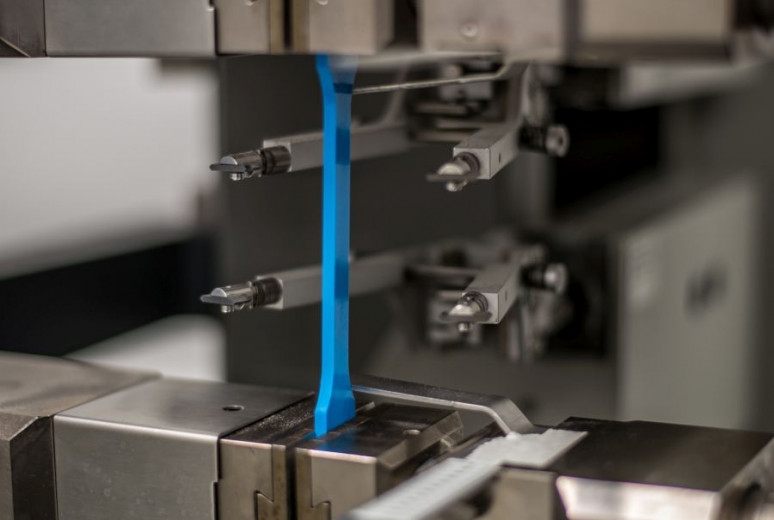
Standardised laboratory procedures enable analytics, which confirms that the materials derived from waste plastics possess such optimal mechanical and thermal properties that they are able to replace plastic materials from primary sources in finished products. These materials are suitable for products such as crates and pallets. Photo: ALBA Group
The centre was awarded accreditation of laboratory standard ISO/IEC 17025:2017 following a complicated accreditation procedure that lasted 12 months.
The centre proved that with their management of high quality standards and the consistent, transparent and comprehensive management of technical requirements they meet all the requirements of a professionally competent laboratory and achieve the highest levels of quality in the field of analytics that focuses on the development of recycling products.
The received accreditation is the result of increased trust in their services on the European market, as it represents a formal and independent confirmation of their laboratory's professional competence.
The centre's director Dr Manica Ulčnik-Krump, sees the received accreditation as an important step towards reliably supplying the economic sector with high-quality recycling products that have comparable or even better properties than plastic materials from primary sources.
We can all contribute to a greener Slovenia
The Competence Centre in Maribor strives to achieve a circular economy and the sustainable development of society. In the future, the centre wishes to strengthen activities in the development of new materials produced from waste plastics by increasing the optimisation of their processing and providing cost-effectiveness of production.
One of their more important goals is to increase the number of clients who want to replace the plastic materials in their products, which would otherwise be made from primary sources, with recycling products produced with the Recycled-Resource process.
The innovative centre is aware that we are all facing demands to reduce the impact of climate change, to rationally manage primary sources, implement the zero waste concept and the demands of implementing a circular economy. The centre believes that one of the important answers to all these challenges is recycling and the reuse of plastic materials.
And what advice do they offer? The first step in increasing the level of plastic recycling is to collect and sort waste correctly and to place it in the right waste containers. This first step of correct sorting and disposal can be taken in our homes, in our households. The Interseroh Plastics Research & Development Competence Centre believes that every person can take this first and important step towards environmental conservation with a responsible attitude towards their waste.
Date: 14. May 2020
Time to read: 5 min

